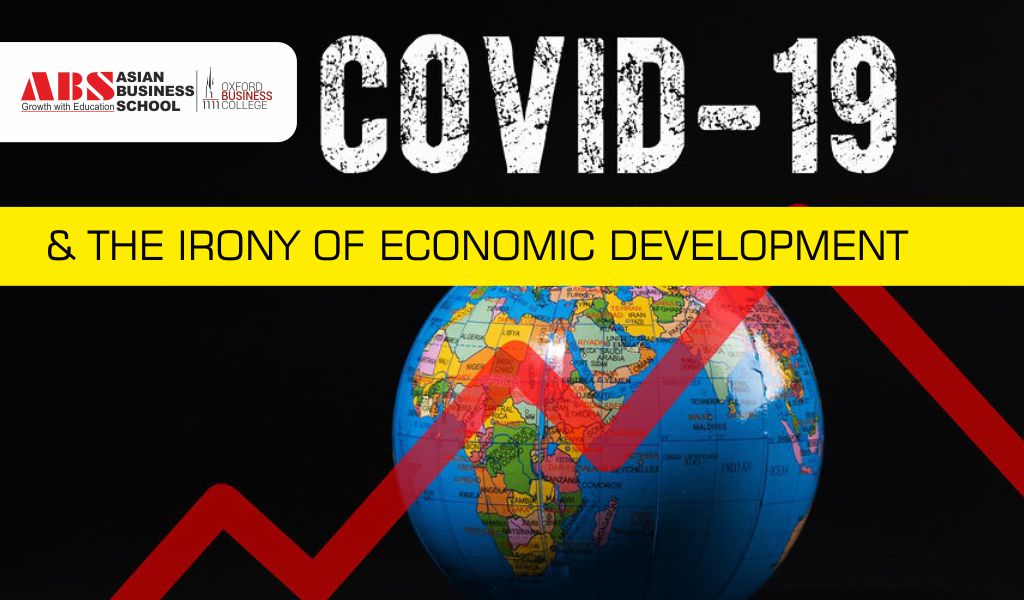As COVID-19 pandemic spread across the globe, the entire global economy has shut down, and it is quite unlike any such economic recession the world has experienced before or even imagined in worst circumstances. This may bring about a worse situation, disrupting not only the economies but also the overall global socio-economic equations. Apparently, this time the crisis is different, and it is uncertain how long it will take to recover before it turns up into a depression.
When it comes to the economic recession, our world has lived through some massive economic shocks – for example, there was a great depression that occurred in 1929 and lasted a decade. Then in the years 2007-08, the subprime mortgage crisis in the US-led to the global financial debacle setting off cascading effects the world over for a long time. Many countries suffered economic shocks even after the crisis was over. And now, there is this Corona crisis! This time, the severity and swiftness of shock are baffling and unprecedented mainly because it is a terrible health crisis that cannot be fixed immediately.
The rapid spread of the epidemic has put immense pressure on public administration, hospitals, and the entire public health care system. Though countries are trying to flatten the impact of the lockdowns and enforcing social distancing, it is definitely taking a big toll. This is going to cause adverse economic consequences, and that too, more aggressively. The impact of lockdowns would be deeper than that of an economic recession. And, the irony here is that, to save the country, it needs to be shut down first! For a big chunk of the population, this is really going to be very painful in terms of lost jobs, no source of livelihood and rise in the general unemployment rate.
So, how can one get around this kind of crisis of economic stagnation and global unemployment? On the face of it, there is no immediate solution than to save people first, then the economy. And the economists the world over are bracing up for such a complex situation that poses a severe threat, yet an opportunity to learn lessons in disguise and an opportunity to fix what is broken. This situation compels us to seriously think about the sustainability of people, the planet, and of a sound ecosystem.
It, moreover, compels us to ponder whether we have a resilient economy, strong agriculture, food production, and supply system? Do we have a robust ecosystem and dependable healthcare to be sure so that when such a crisis hits the economy, nations can go on protecting and supporting people, feeding them, keeping them healthy to prevent any kind of economic damage or social dissent that may otherwise turn into social instability and disturb the socio-economic fabric that could push nations into the plight of (unsustainable) development and yet another spate of irony?



